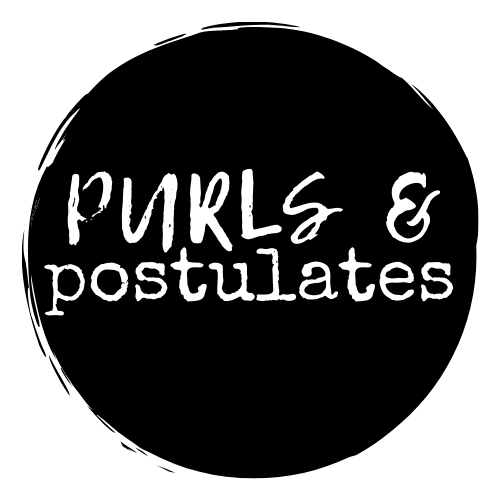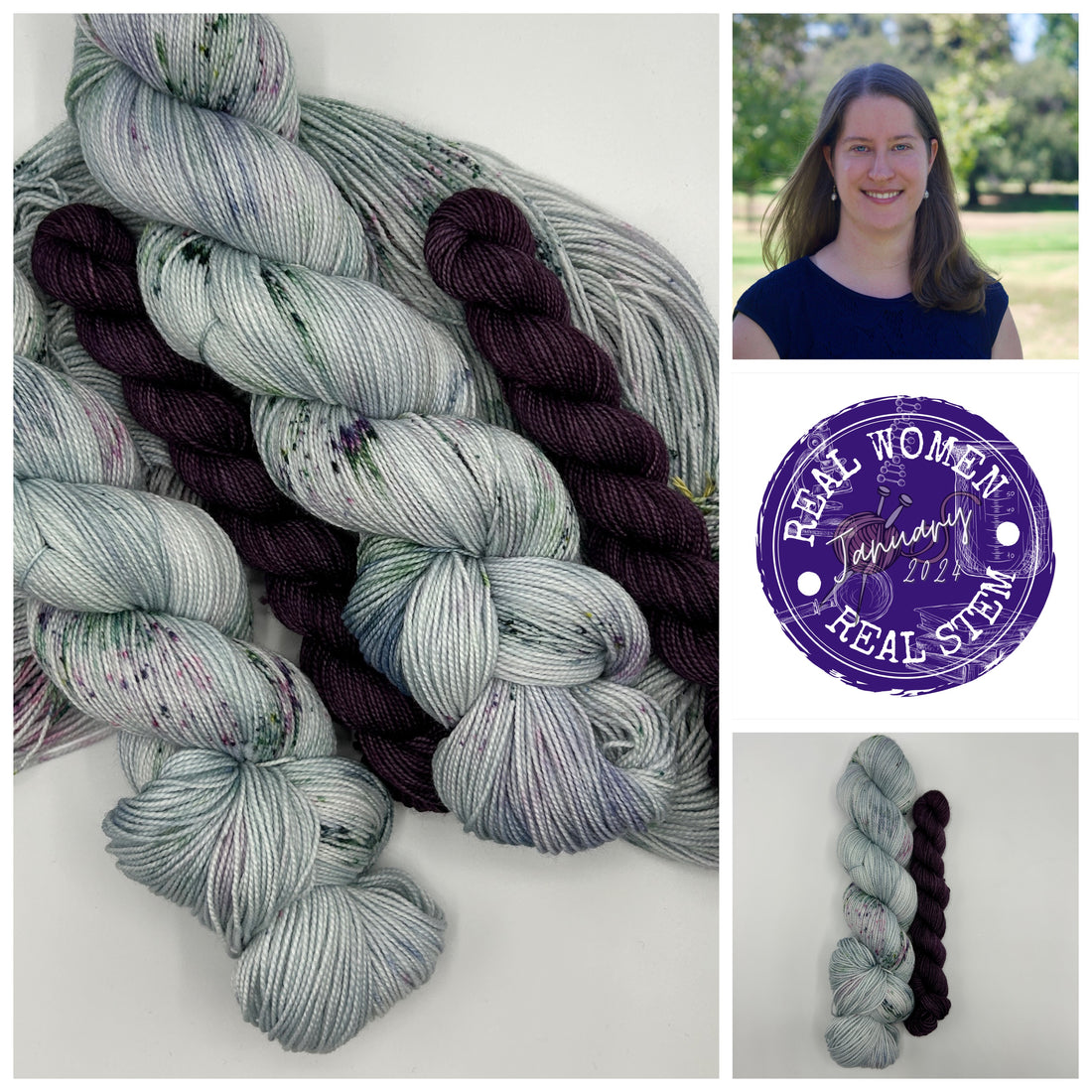

Meet Lauren, a Science and Society Specialist with a BA in Chemistry from Pomona College and a PhD in Molecular Biophysics and Biochemistry from Yale University. From “playing potions” in the backyard as a child to taking every science elective offered in school, Lauren has always held a strong interest in science. Fortunately she has found a career path that provides a platform for her to share that interest with others through The Kavli Foundation, a philanthropic foundation that supports discovery research and science and society work.
Science and Society Specialist (n) - a professional who collaborates with research scientists to communicate scientific information with the public in an engaging and accessible way
In her current role, Lauren works on a science communication and public engagement program created specifically for discovery scientists (also called basic scientists) who want to share their research. Lauren’s research background makes her well-equipped to support these scientists and their work: “Most of my ten years of research was spent firmly on ‘basic’ rather than ‘applied’ science and I remember anytime I wanted to share my work, being encouraged to find an application, to make it seem relevant to everyday life.” She explained that this was frustrating because “it misses so much of the wonder and inherent exploration of basic science.” Now though, she can alleviate that frustration for other scientists, helping them more easily share the wonder of their work with the public.
Although this was a complete change of fields from her technical background in the physical and life sciences, Lauren has embraced the challenge of transitioning to a career in public engagement. Having little to no formal training in science communication has meant that Lauren gets to learn new things about her field every day: “I am amazed by how much research there is on the science of science communication that I have to learn.”
Like so many others, Lauren had an intrinsic love of science early in life, but knowing what to do with that passion or how to apply it took some time. Her first research experience was in high school, but despite having a great lab and an incredible mentor, she recognized that bench research wasn't the best path for her. Although Lauren continued on to pursue her PhD in Biochemistry, it wasn't until she started volunteering at a local charity and doing public engagement with science work that Lauren felt she had finally found her calling in the realm of STEM. It just goes to show that if you follow your passion, eventually you will find a great fit working with what you love in a career that can be fully satisfying!
When asked what she would say to inspire young girls to pursue a STEM degree program or future career, Lauren said:
“There are so many ways to be a scientist. For the longest time I thought the only ‘ways to be a scientist’ were to become a professor or work in a lab. I really struggled with that, knowing I didn’t want either of those careers. It was only after college that I began to see all of the incredible things you can do and ways you can be a scientist. You can work to build bridges with your community, create art in science, get other people excited about science, impact policy and how people see the world… and I want more young girls to be able to see themselves in these positions sooner."
Shop yarns inspired by Lauren and other inspirational real women in STEM.


